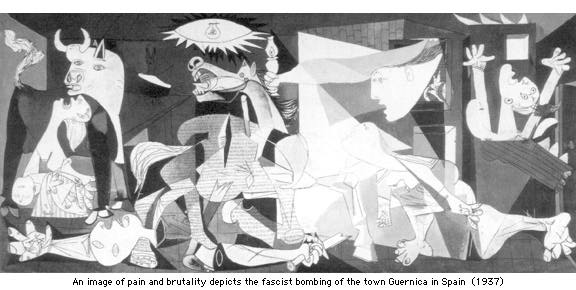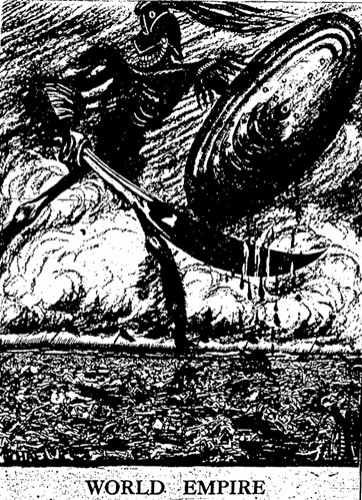A festival of resistance - Marxism 2007
The full timetable for Marxism 2007, which is highly recommended to all readers of Histomat who live anywhere near the UK, is now online here. My reflections on last years event are here. Held between the 5-9 July in London, there are so many excellent meetings this year one could highlight, but I am just going to point out the following:
Billy Bragg & Martin Smith discuss the fight against the BNP
Nick Broomfield discusses his films and the making of Ghosts
Paul Gilroy & Weyman Bennett ask, why is multiculturalism in crisis?
George Galloway & John Rees ask, what next for Respect?
Soweto Kinch headlines a Cultures of Resistance gig
Jill Liddington introduces her book Rebel Girls: Their Fight for the Vote Lemn Sissay & Michael Rosen perform poetry of liberation
Trevor Ngwane & Mani Tanoh discuss the struggle for liberation in Africa
Billy Hayes looks at the shape of the working class today
Tony Benn on the left in power – problems and possibilities
Katrina to Obama: Gary Younge on Black leadership after the civil rights era
Drew McConnell of Babyshambles pays tribute to punk
Mark Serwotka, John McDonnell, Matt Wrack & Jane Loftus on building fighting unions
Radical philosopher Slavoj Zizek on the limits of liberalism
Lindsey German launches her book Material Girls: Women, Men and Work
Claudia Webbe & Dean Ryan discuss gun crime – who is to blame?
Michael Billington, Tom Stoppard, David Edgar & Charlotte Westenra discuss theatre today
Moazzam Begg talks about Guantanamo and the War on Terror
David Harvey & Chris Harman ask why did capitalism go neoliberal?
Steve Bell, Martin Rowson, Ralph Steadman, Leon Kuhn& Tim Sanders feature in the Oh What a Horrible War exhibition
Egyptian MP Hamdeen Sabahi on the fight for liberation in the Middle East
Comedian Mark Thomas, Craig Murray, Rose Gentle and Andrew Murray on the anti-war movement.
Lenin's Tomb's Richard Seymour on why conspiracy theories suck.












